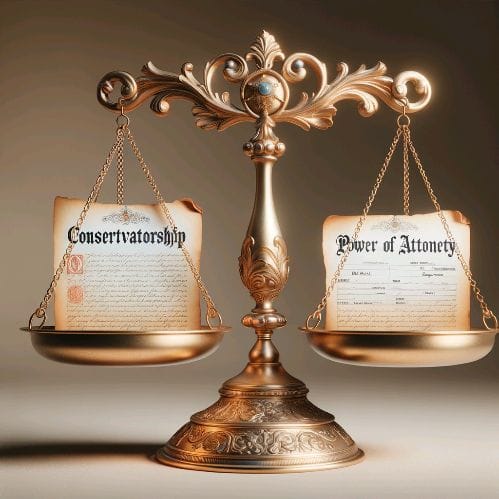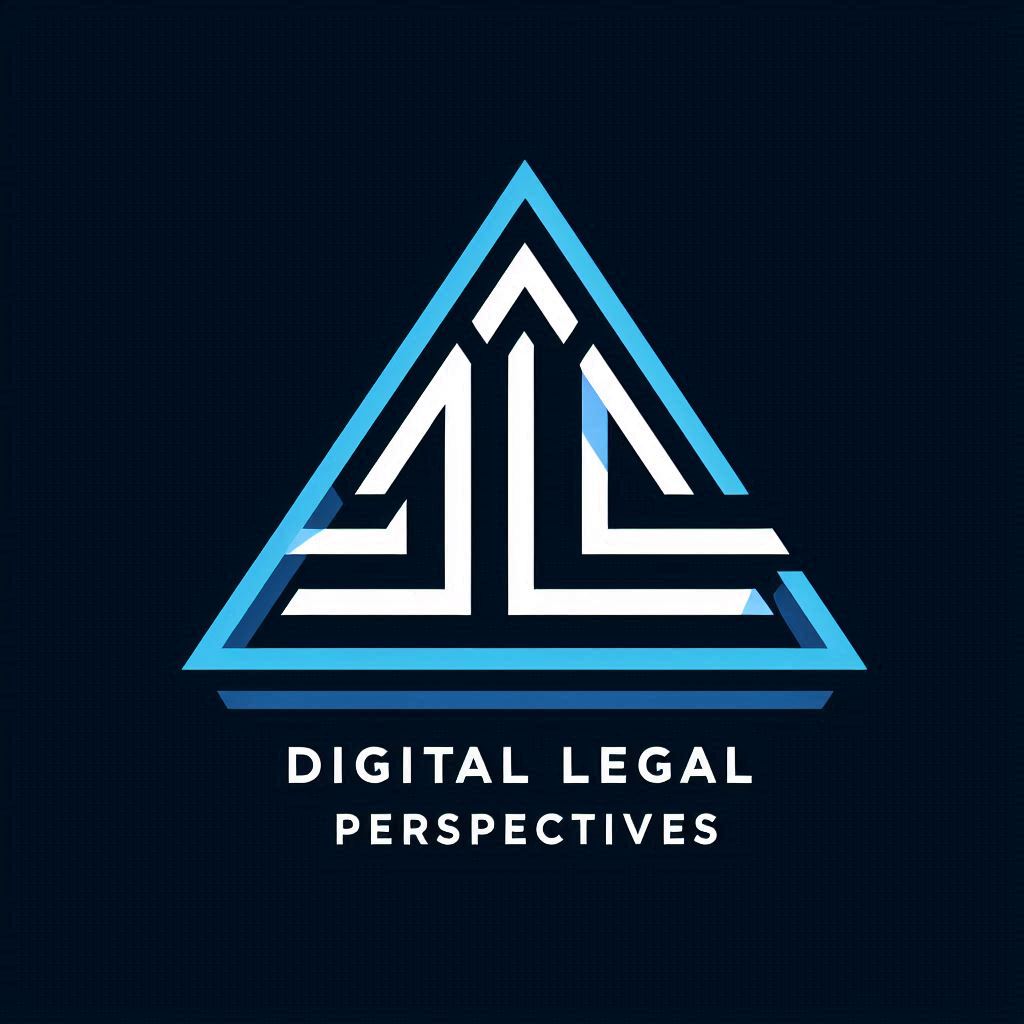Introduction
When planning for the future, especially in terms of health and finances, understanding the legal tools available to manage personal affairs is crucial. Conservatorship and power of attorney are two such instruments, each with its distinct roles and implications. This guide explores the differences between the two, aiding in making informed decisions for yourself or on behalf of loved ones.
What is Conservatorship?
Conservatorship is a court-appointed arrangement wherein an individual or organization (the conservator) is given the authority to manage the financial affairs, and sometimes the personal care, of another person (the conservatee) who is deemed incapable of managing their own affairs. This arrangement is typically used when the conservatee lacks the capacity to make decisions due to mental disability, illness, or other incapacitating conditions.

Key Features of Conservatorship
- Court Supervision: Conservatorships are established through a legal process in court, ensuring oversight and protection of the conservatee’s interests.
- Scope of Authority: The court specifies the conservator’s powers, which can include managing finances, making medical decisions, and handling day-to-day affairs.
- Duration: A conservatorship generally remains in effect until the court decides it is no longer necessary or upon the conservatee’s death.
What is Power of Attorney?
Power of attorney (POA) is a legal document that grants one person (the agent or attorney-in-fact) the authority to act on behalf of another (the principal) in specific or broad matters. The principal must be competent at the time of the POA’s creation, making it a proactive measure for managing one’s affairs.
Key Features of Power of Attorney
- Voluntary Grant of Authority: The principal voluntarily chooses to grant power of attorney and can specify the extent of the agent’s powers.
- Flexibility: POAs can be tailored to address financial matters, health care decisions, or both, and can be made durable to remain in effect if the principal becomes incapacitated.
- Reversibility: The principal can revoke a POA as long as they are competent, offering control over the arrangement.
Conservatorship vs. Power of Attorney: Making the Choice
The choice between conservatorship and power of attorney depends on several factors, including the individual’s current capacity, the need for court oversight, and the desire for flexibility and control. While POA offers a more flexible and less intrusive means of managing one’s affairs, conservatorship provides a structured, court-supervised framework for those who cannot make decisions for themselves.
Conclusion: Tailoring Legal Solutions to Individual Needs
Both conservatorship and power of attorney serve vital roles in estate planning and personal care management. By understanding the distinctions and implications of each, individuals and families can choose the most appropriate legal tool to ensure their or their loved ones’ affairs are managed effectively and with dignity. Consulting with a legal professional specializing in estate planning or elder law can provide tailored advice and guidance for your specific situation.

Leave a Reply